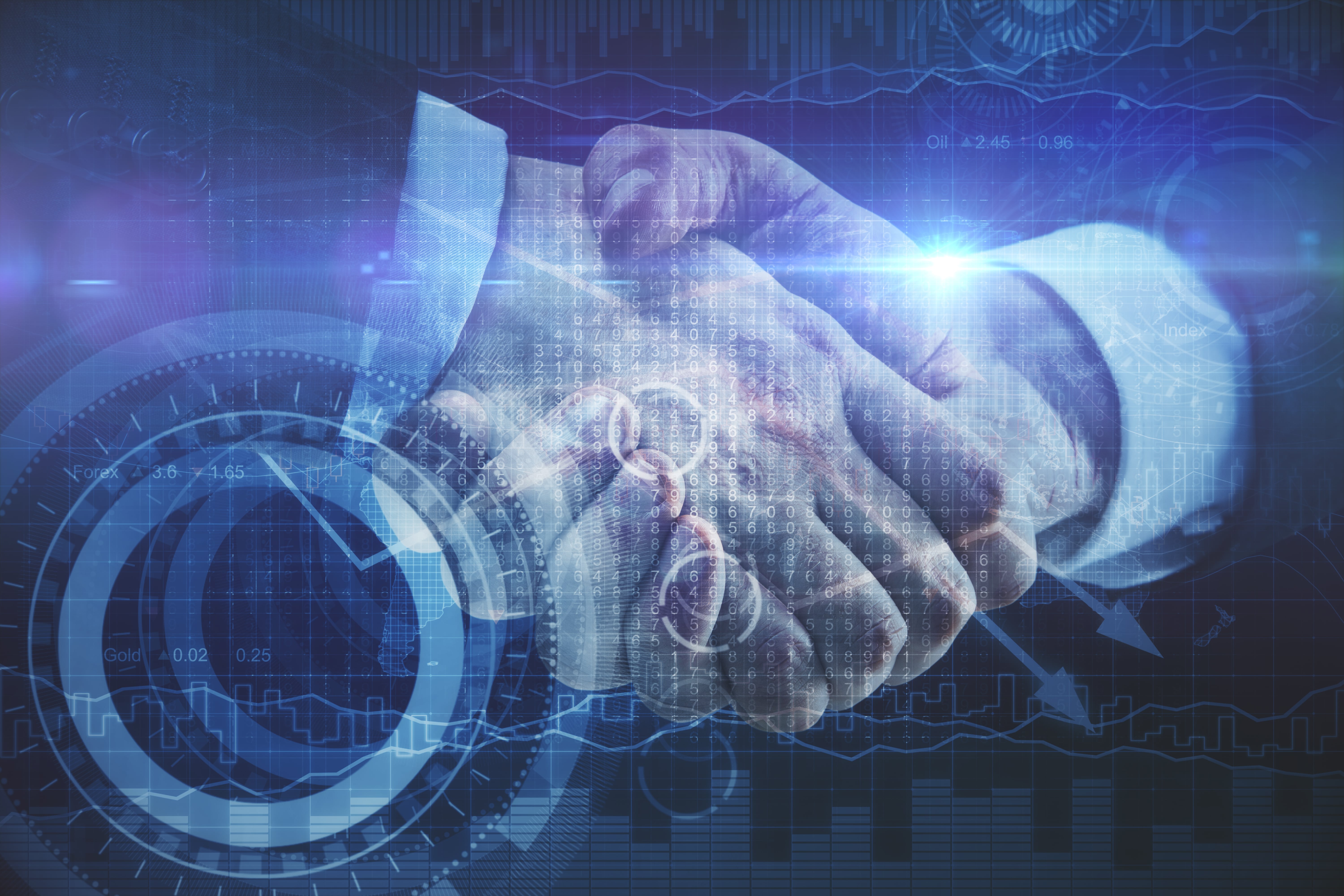What Are Currency Futures?
Currency futures are a type of derivative security that allows investors to bet on the future price of a currency. These contracts are traded on a derivatives exchange, and they are used by companies and traders to protect themselves from currency fluctuations. In this article, we'll explore how currency futures work and look at some of the benefits and drawbacks of using them.
What are currency futures, and how do they work?
A currency future is a type of derivative contract that allows traders to bet on the future price of a currency. These contracts are traded on a derivatives exchange, and they are used by companies and traders to protect themselves from currency fluctuations.
To trade currency futures, you need to have an account with a broker that offers this service. You also need to be familiar with the basics of trading futures contracts.
When you trade currency futures, you are essentially betting on the direction of the currency pair. If you think the value of the currency will go up, you will buy the contract. If you think it will go down, you will sell the contract.
Your profit or loss depends on the difference between the price you paid for the contract and the price you sold it at. If the currency goes in the direction you predicted, you will make a profit. If it goes against you, you will make a loss.
Currency futures contracts are traded on margin, which means that you only need to put down a small amount of money to open a position. This can be risky, as you can lose more money than you put in if the market moves against you.
Currency futures contracts have standard sizes and settlement dates. The most common contract is the Chicago Mercantile Exchange's (CME) currency futures contract, which is for $100,000 worth of currency.
These contracts are settled two business days before their expiration date. This means that if you buy a currency future on Monday, you will need to pay for it on Wednesday.
The benefits of trading currency futures
Currency futures offer several advantages to investors and traders.
1. Currency futures are a way to hedge against currency risk.
If you are a company that does business in multiple countries, you are exposed to currency risk. This is the risk that the value of the currency will change and impact your bottom line.
For example, let's say you are a U.S.-based company that exports goods to Europe. You may be worried that the value of the Euro will decline, which would make your goods more expensive for European customers and hurt your sales.
You can hedge this risk by buying a currency future. If the Euro does the decline in value, you will offset some of the losses with your futures contract.
2. Currency futures are a way to speculate on the future direction of the currency markets.
If you think that the value of the Euro is going to decline, you can profit from this by selling Euro currency futures.
3. Currency futures contracts are standardized and traded on exchanges.
This makes them more liquid than other types of derivatives, such as forwards or options. It also means that there is more price transparency, as you can see what prices people are willing to buy and sell at in the market.
4. Margin requirements for currency futures are typically lower than for other types of derivatives.
This means that you can control a large amount of currency for a small amount of money. However, it also means that you can lose more money than you put in if the market moves against you.
5. You can trade currency futures online.
This makes them accessible to individual investors and traders who may not have the resources or knowledge to trade other types of derivatives.
Currency futures also have some disadvantages that you should be aware of before you start trading.
1. Currency futures are a complex financial product.
You need to have a good understanding of how they work before you start trading them. Otherwise, you could end up making some costly mistakes.
2. Currency futures are a leveraged product.
This means that you can control a large amount of currency for a small amount of money. However, it also means that you can lose more money than you put in if the market moves against you.
3. Currency futures are traded on margin.
This means that you only need to put down a small amount of money to open a position. This can be risky, as you can lose more money than you put in if the market moves against you.
4. Currency futures have standard sizes and settlement dates.
This makes them less flexible than other derivatives, such as forwards or options.
5. The market for currency futures is not as liquid as the Forex market.
This means that it can be more difficult to find someone to take the other side of your trade. It also means that you may have to pay a wider spread between the bid and ask prices.
How to trade currency futures?
Currency futures are a type of derivative financial instrument that allows traders to speculate on the future value of a currency. Currency futures contracts are traded on an exchange, and the price of the contract is determined by the underlying spot price of the currency.
Trading currency futures can be a way to hedge against currency risk or to speculate on the future direction of a currency's value. For example, if a trader believes that the value of the US dollar will increase against the Japanese yen, they could buy a USD/JPY currency future. If the US dollar does indeed increase in value, the trader would make a profit on their trade.
However, if the US dollar falls in value, the trader would incur a loss. Currency futures are therefore a risky investment, and traders need to have a good understanding of the market before entering into any trades.
There are a few things that currency futures traders need to be aware of.
Firstly, currency futures contracts are traded on an exchange, and the prices quoted are in terms of the underlying currency. For example, if the USD/JPY contract is trading at 110.00, this means that one US dollar is worth 110 Japanese yen.
Secondly, currency futures contracts have a set expiry date, at which point the contract will settle and the trader will either receive or pay out the difference between the price they bought or sold the contract at, and the settlement price. The settlement price is determined by the underlying spot price of the currency on the expiry date.
Thirdly, currency futures contracts are traded in standard contract sizes. For example, the standard size for USD/JPY futures is 12,500 US dollars. This means that each tick in price represents a move of $12.50 in the value of the contract.
Fourthly, currency futures are leveraged products, meaning that traders only need to put down a small deposit, known as a margin, to open a position. This can lead to large profits if the trade goes well, but it also magnifies losses if the trade goes against the trader.
Lastly, currency futures are settled in cash. This means that if a trader buys a contract, they will not receive any physical currency. Instead, the profit or loss from the trade will be credited or debited to their account in cash.
Currency futures can be a useful tool for traders who want to speculate on the future direction of a currency's value. However, it is important to remember that currency futures are a leveraged product and can therefore be risky. It is therefore crucial that traders have a good understanding of the market before entering into any trades
